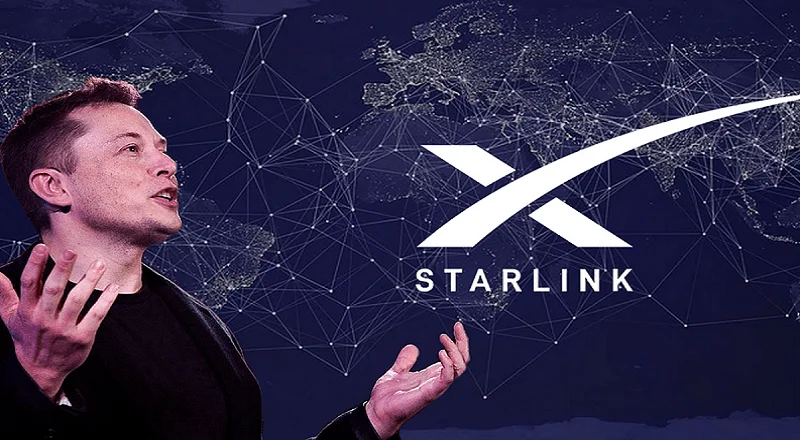SpaceX chief Elon Musk said the company’s Starlink satellite broadband service will not block Russian media outlets “unless at gunpoint.”
“Starlink has been told by some governments (not Ukraine) to block Russian news sources. We will not do so unless at gunpoint,” the tech titan tweeted. “Sorry to be a free speech absolutist.”
Russian-controlled media outlets have come under fire as the West and its allies seek to crack down on misinformation about Moscow’s onslaught on Ukraine.
This week the European Union banned Russian state-funded RT and Sputnik from the 27-nation bloc, while US-based social media giants including Twitter and Facebook parent Meta have taken steps to block the spread of Russian state-linked news media.
Starlink was activated in Ukraine last week after Kyiv digital minister Mykhailo Fedorov urged Musk to provide the embattled country with stations days after it was invaded by neighboring Russia.
The service operates a constellation of more than 2,000 satellites that aim to provide internet access across the planet.
Web monitoring group NetBlocks has reported a series of significant disruptions to internet service in Ukraine since the Russian invasion began.
Read More:
Western energy, tech, shipping companies exit Russia
PTA chief meets Starlink’s top officials to discuss satellite internet for Pakistan
“Some Starlink terminals near conflict areas were being jammed for several hours at a time,” Musk said in a separate tweet Saturday.
“SpaceX reprioritized to cyber defense & overcoming signal jamming. Will cause slight delays in Starship & Starlink V2.”
Aside from excluding Ukraine, Musk did not state which countries had approached SpaceX’s Starlink service to ask for Russian media sources to be blocked.
SpaceX’s Starlink system is a satellite megaconstellation designed to provide high-speed, low-latency broadband internet access to regions all over the world, with a focus on remote or underserved areas. The company has launched over 2,000 satellites since 2019 to build up the Starlink network.
In early February, SpaceX launched a faster version of the satellite internet service, called Starlink Premium. It said the version was designed for better performance in extreme weather conditions.
Since its military invaded on February 24, Russia has pummeled Ukrainian cities, with officials reporting hundreds of civilians killed.
Russian authorities have imposed a news blackout, with multiple media websites partially inaccessible, Twitter restricted and Facebook blocked.
on the other hand, German public broadcasters ARD and ZDF on Saturday stopped their reporting from Russia after Moscow backed the imposition of jail terms on media publishing “false information” about the military.
In response to the new legislation the broadcasters would “suspend their reporting from their Moscow bureau for the time being”, WDR a member of the ARD broadcasting group said in a statement, following similar decisions by other news media including BBC News and Bloomberg News.
The public organisations would “continue to inform the public comprehensively over events in Russia and Ukraine from their other locations”, the statement said.
Russian lawmakers have threatened to impose jail terms for publishing “fake news” about the Russian army, part of an effort to stifle dissent over Moscow’s invasion of Ukraine.
BBC News, CNN, Bloomberg News, and the Canadian national broadcaster CBC announced similar decisions on Friday to suspend their work in Russia.
Russia on Friday also moved to limit access to the websites of several news organisations including the BBC and the German broadcaster Deutsche Welle.
Deutsche Welle had already closed its Moscow bureau at the beginning of February after Russia shut down the media outlet’s local operations to punish Germany for banning a service of a Russian state TV network.
ARD has had a studio in Moscow since 1956, according to the broadcaster’s website, and is responsible for their coverage from Ukraine and Belarus among other ex-Soviet countries, as well as Russia.


